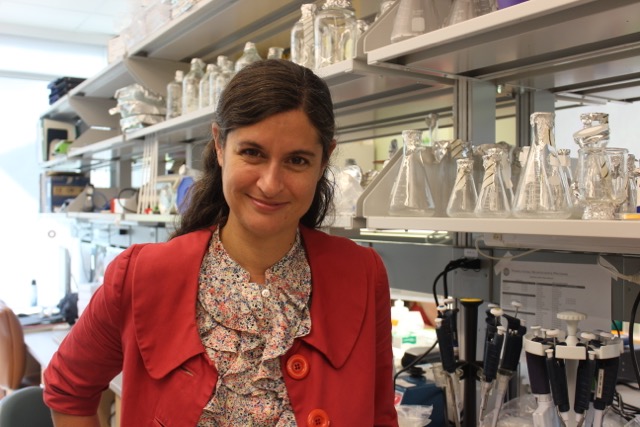The Department will highlight the research of Susanne Ahmari, MD, PhD, Assistant Professor of Psychiatry, at the January 11th Meet the PI lecture.

Dr, Ahmari is a recognized expert in translational research of obsessive-compulsive disorder and a pioneer in the use of optogenics to uncover mechanisms of psychiatric disease. She currently is principal investigator of multiple externally funded projects including a Biobehavioral Research Award for Innovative New Scientists (BRAINS) grant from the NIMH. She has received several prestigious awards, including the Society for Biological Psychiatry A.E. Bennett Research Award for Basic Sciences and the 2016 Emerging Female Scientist Carnegie Science Award.
The entirety of this program will be a lecture by the speaker(s). All individuals able to control the content of this educational activity are required to disclose all relevant financial relationships with any proprietary entity producing, marketing, re-selling, or distributing health care goods or services, used on, or consumed by, patients. Registration is not required for this event. This event is free and there will be no refunds. The University of Pittsburgh is an affirmative action, equal opportunity institution.
Location. UPMC Western Psychiatric Hospital Auditorium
For More Information. Please contact Frances Patrick (Telephone: 412-246-6787; Email: patrickfm@upmc.edu).
Learning Objectives. At the conclusion of this lecture, participants will be able to:
Briefly describe the key symptoms of obsessive compulsive disorder and associated neuroimaging abnormalities.
Understand how abnormalities in cortical and striatal activity patterns observed in animal models may lead to compulsive behaviors.
Discuss how post-mortem findings in OCD may relate to abnormal brain activity patterns.
